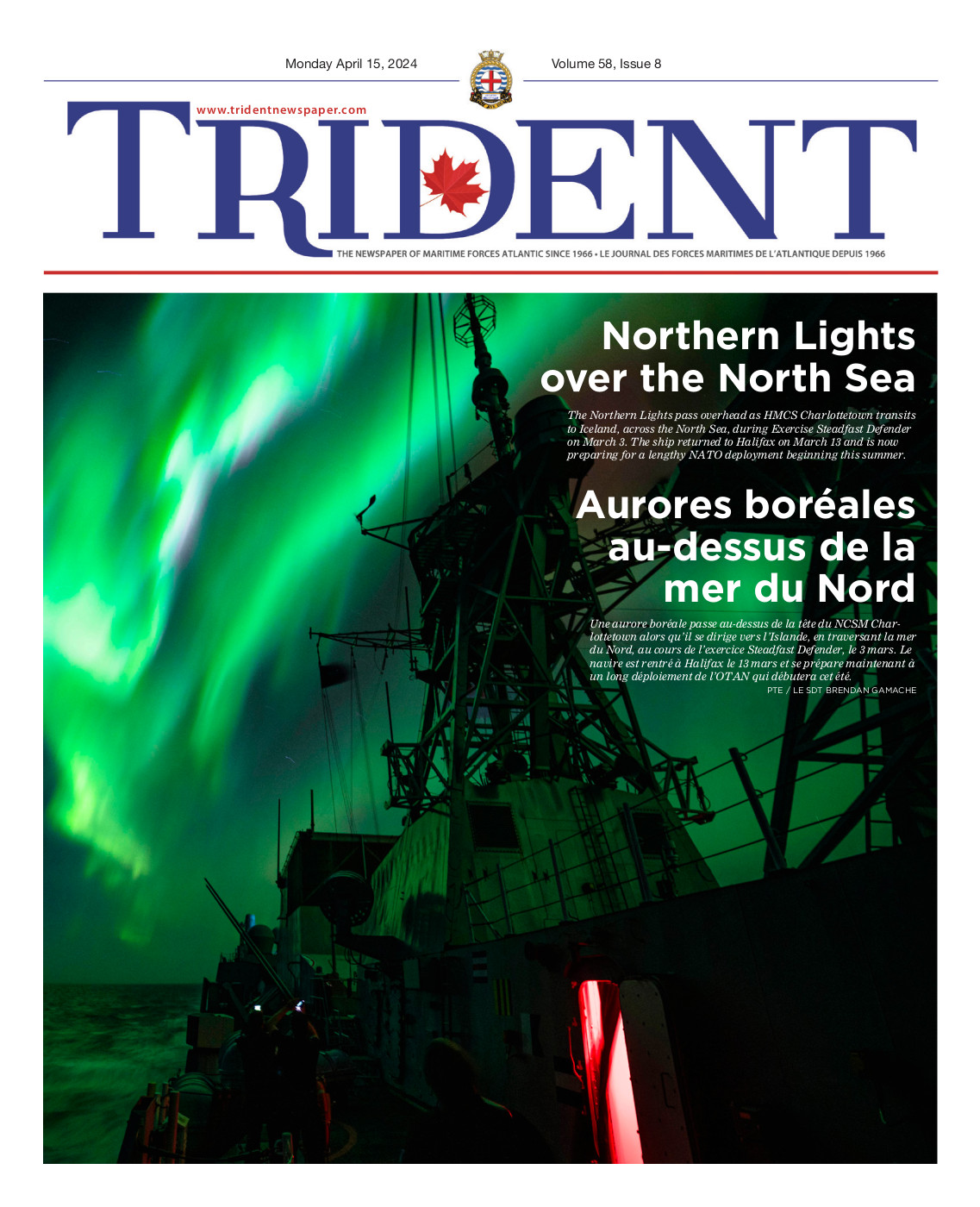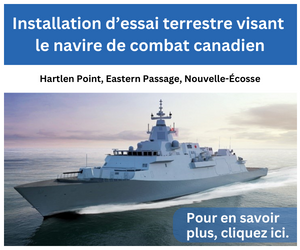
Photo: CPL DESIREE T. BOURDON, OPERATION OPEN SPIRIT
The art of minesweeping: Op OPEN SPIRIT 2018
Par le Capt Matt Zalot
Op OPEN SPIRIT 2018 PAO
During the First and Second World Wars, hundreds of thousands of naval mines were laid by military forces in the Baltic Sea, and in waters around the world. It was a tool to cripple shipping and hinder ship movement in order to gain a strategic advantage in the conflicts. This, combined with aerial bombardment and naval gunfire, resulted in tens of thousands of potentially dangerous pieces on unexploded ordnance (UXO) being left off the busy shores of the three Baltic nations – Latvia, Lithuania, and Estonia. These relics of war still pose a risk to commercial shipping and fishing.
Op OPEN SPIRIT works to lessen that risk. The annual operation is in the spirit of NATO’s Partnership for Peace. Although it has been conducted since 1997, this is Canada’s fifth year participating. It is also the second time the RCN’s clearance divers have worked jointly with their Allies off the coast of Estonia.
Along with divers from Estonia, Latvia, Poland, the UK and the US, the Canadians—largely drawn from Fleet Diving Unit (Atlantic) (FDU(A)), based out of Halifax—spent two weeks searching for, marking, and detonating UXOs to increase safety in the region. They also gained valuable experience in a very challenging environment.
The Op OPEN SPIRIT Task Force Commander, Lt(N) James “JR” Gallant, is no stranger to Estonia, and certainly no stranger to ordnance disposal. A member of FDU(A) for nine years, this is his fifth time in Estonia and the third anti-mining operation he’s been a part of. He previously deployed on Op OPEN SPIRIT in 2014 and 2015.
Along with the clearance divers, his team of 12 also includes a supply technician, a marine engineer, and a doctor; together, they follow a rigorous daily routine of searching for mines in the murky Baltic waters, and marking any mine-like contacts they find. When they positively identify a mine, they build, place, and detonate explosive charges to ultimately render it safe.
In 2018, the team used hand-held sonar technology to identify more than 200 mine-like contacts that required further visual inspection to sort dangerous UXOs from harmless objects like a large rock or an oil drum.
“I think Canadians would be surprised to realize how many mines are actually remaining from the two World Wars in the Baltics,” said Lt(N) Gallant. The RCN’s work on Operation OPEN SPIRIT is important because those mines pose a “risk to navigation, and a risk to fishermen” in the region.
Aside from the obvious benefit of reducing the threat from explosive remnants of war, the operation also aims to foster goodwill and relationships with defence partners in the region. “We get along very well with the divers of the other nations and I’ve met several of them more than once because of this operation,” said Lt(N) Gallant.
Op OPEN SPIRIT is an annual, combined and joint operation. It is hosted on a rotational basis by one of three Baltic State NATO members – Estonia, Latvia, and Lithuania.






